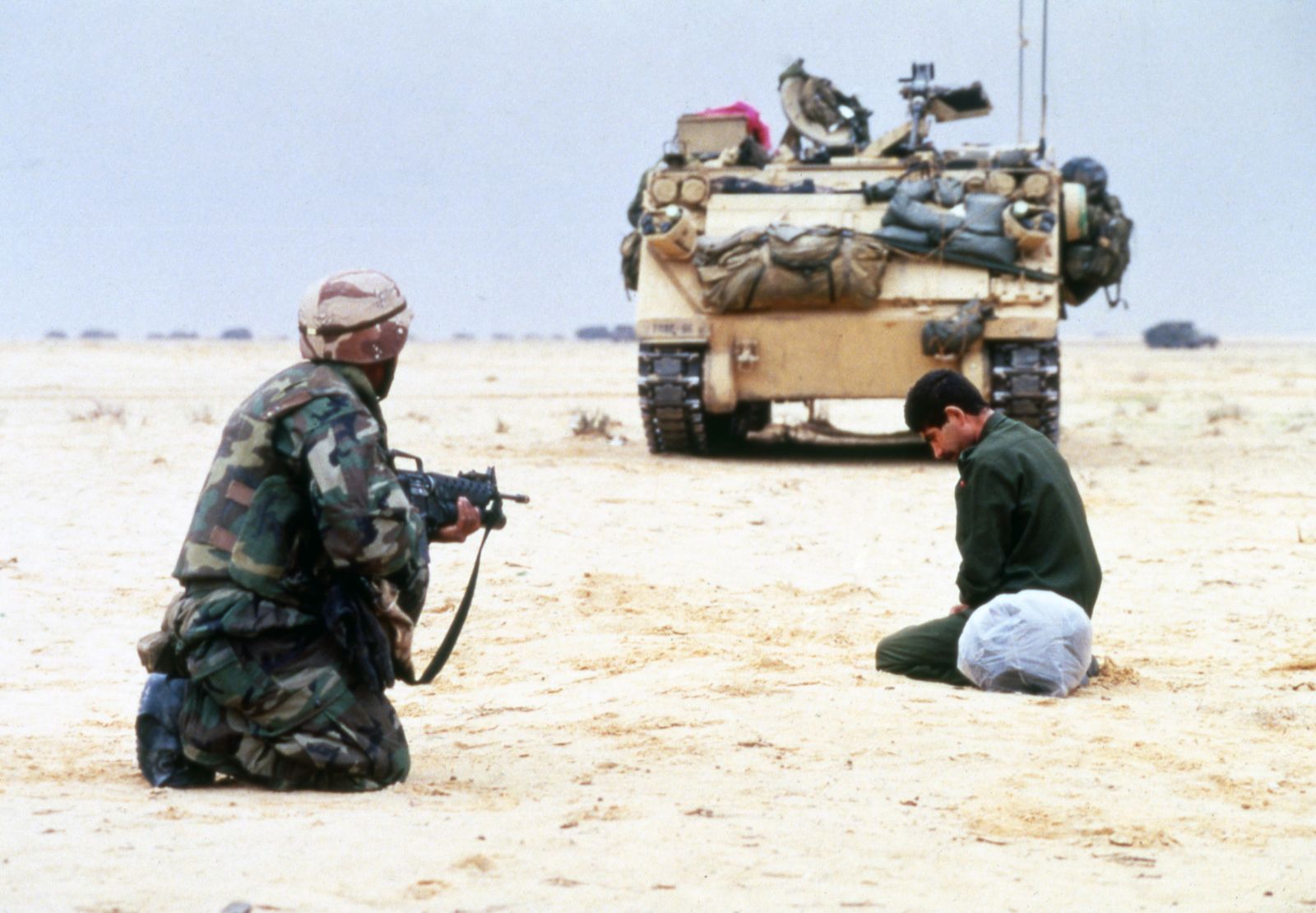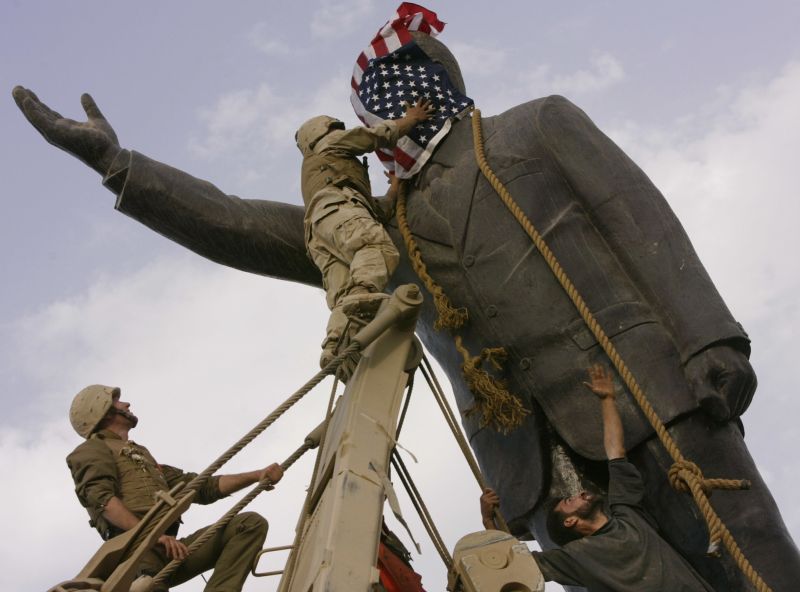Democracy
New start in Iraq
The provincial council elections in Iraq at the end of January were the most peaceful elections the country has seen since the overthrow of Saddam Hussein in 2003. Fifteen million Iraqis were called upon to elect their local representatives, and they responded by strengthening the government camp headed by Prime Minister Nuri-al Maliki.
In the Iraqi capital, Baghdad, Maliki’s moderate Shiite Daawa Party claimed 28 of 57 seats, and in Basra, 20 of 35. Maliki’s party left that of the radical cleric Muqtada al Sadr and the High Islamic Council of Abdulasis al-Hakim far behind. Militia groups received the most support in the predominantly Sunni western province of Anbar, claiming 8 of 29 seats. Apart from minor incidents near a few polling stations, there was no violence. However, two days before the elections, five candidates were murdered in Baghdad, Mossul and Dijala Province. Power supply and the appointment of public officials were major electoral issues; religious rhetoric figured less prominently. Voting took place in 14 of Iraq’s 18 provinces; in the three Kurdish provinces and Kirkuk, elections were postponed because of unsettled procedural issues.
After the elections, western governments intensified their relations with Iraq. UN Secretary General Ban Ki-moon made an early appearance in Baghdad in early February, and France’s President Nicolas Sarkozy and German Foreign Minister Frank-Walter Steinmeier visited the country shortly afterwards. To observers, the visits by Sarkozy and Steinmeier also represent an attempt by European countries to smooth difficult relations with Washington in connection with Iraq, and to signal their willingness to cooperate with the new Obama administration. US-German and US-French relations have been strained because the European powers did not take part in the US-led invasion of Iraq in 2003.
German Foreign Minister Steinmeier said that Germany is ready to play a vigorous role in helping to build democratic institutions in Iraq – particularly in health care and education. He was accompanied on his visit by a German business delegation. Iraq’s Prime Minister Nuri al-Maliki expressed hope that Steinmeier’s visit will prompt more German companies to engage in the process of rebuilding Iraq.
In the meantime, the Heinrich Böll Foundation, the think tank of Germany’s Green Party, made recommendations for a new European policy towards Iraq. Among other things, it calls for an EU special envoy for Iraq and more cooperation with both the United Nations and regional power Turkey.
At the end of January, Iraq’s home minister revoked the licence of the private US security firm Blackwater, which has lately changed its name to Xe. Blackwater employees allegedly shot and killed 17 Iraqi civilians in 2007.(cir)











